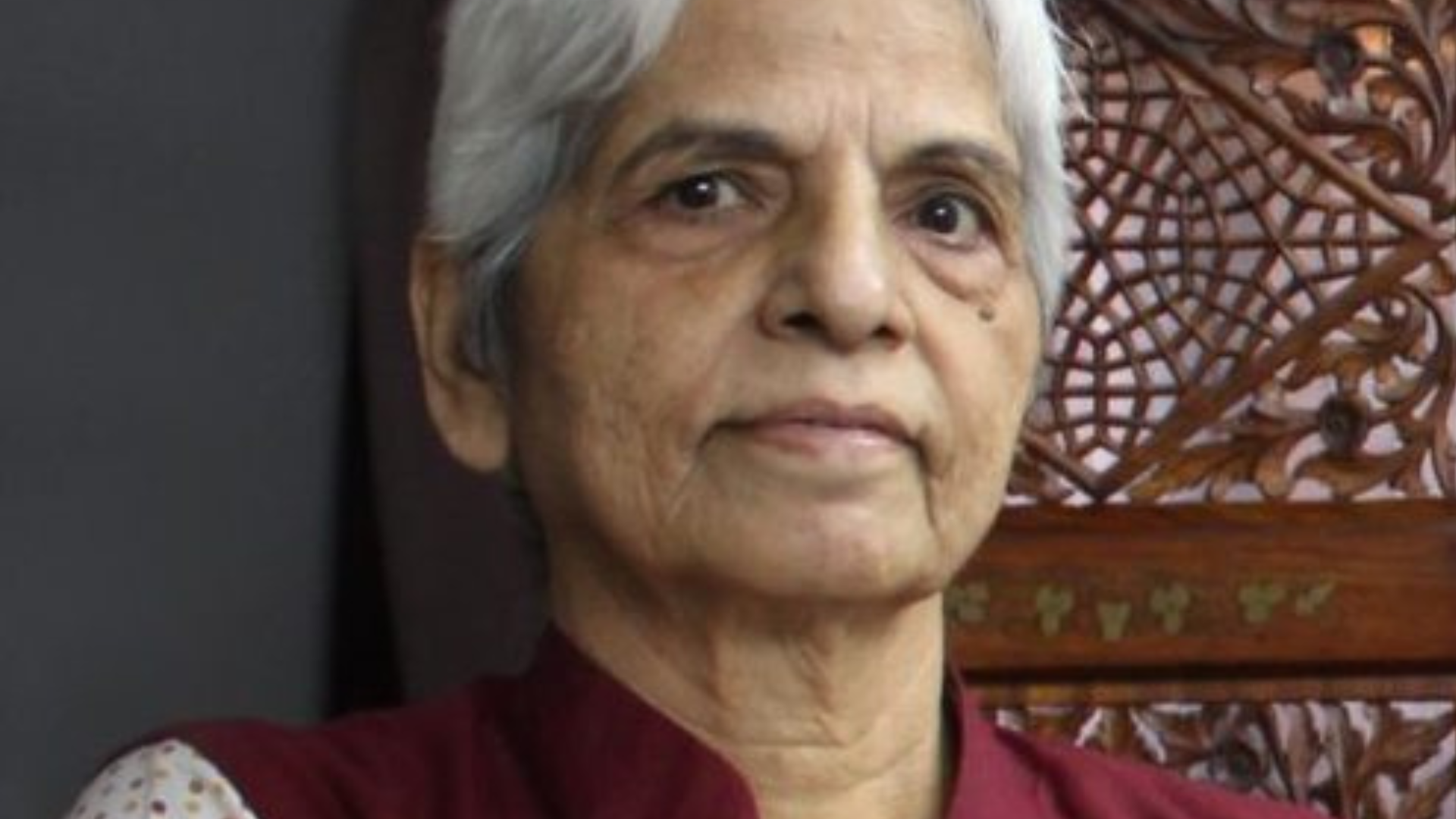
Linguistic Coexistence in Europe: Countries with More than One Official Language
Currently, 55 countries in the world recognize more than one language as an ‘official language’, Within these, 24 countries are situated in Africa, 9 countries in Asia, 3 in America ,10 in Europe and 9 in Oceania. In contrast, in some countries such as the United States of America and Australia, no single language is recognized as an official language. Official language is a language that has been given a different legal and political status in a country compared to other languages and dialects. In short, the official language is the language that is used in the structures of government, for communication and correspondence in the three executive, legislative and judicial bodies. Usually in a country, a language becomes an official language when the people who speak that language have enough political influence to recognize and protect that language as an official language. In Spain, for example, there is only one official language (Castellano); while more than 17% of its citizens speak in Catalan. That is why sometimes the main language in a country is the language of the occupiers of that country as opposed to its inhabitants.
In addition, a distinction must be made between the official language and the national language. Whenever there is talk about national language, the connection between land and language is immediately raised; That is, a language used by the people in a given territory (which could claim to be a nation-state). For this reason, the official language can be one of the national languages in the country.
Out of the 27 EU member states, six have at least two official languages.
These countries are: Belgium with three official languages (Dutch, German, French), Luxembourg with three official languages (Luxembourg, French, German), Malta with two official languages (Maltese, English), Ireland with two official languages (Irish, English), Finland with two official languages (Finnish and Swedish) and finally Cyprus with two official languages (Turkish and Greek).
Switzerland, which is a member of the Schengen area but outside the European Union, has four official languages: German, French, Italian and Romansh.
In all of these countries, official languages have equal status, rights, and privileges. And- in areas where large numbers of people belong to linguistic minorities, administrative and social services are provided in their language by municipal and provincial authorities.
In the field of education, students usually study in one of the official languages and if they wish, they can start learning another official language as a second language; Of course, this can vary slightly from country to country. In the following section, we will look into the way two countries are governed by the highest level of “linguistic coexistence” in this union, namely Belgium and Luxembourg.
Belgium: Why more than one official language?
Belgium, located in western Europe, bordering Germany, the Netherlands and France, has a bilingual population. About 60% of Belgians (mostly in the northern part of the country) speak Dutch or one of its variants called Flemish (Belgian Dutch). About 40% of the population is French-speaking. In Brussels, the capital of Belgium, French and Dutch are widely used as official languages in government institutions.
German, which is spoken by almost 1% of Belgians, is the country’s third official language. German speakers come from an area called Ostbelgien in Liège Province, which borders Germany. The language is less widespread in the country than Dutch and French, as German-speaking areas were added to Belgium mainly after World War I.
The recognition of the three languages in Belgium comes at a time when there has always been political tension between French-speakers and Flemish speakers,
That is why lawmakers in recent years, more than ever, have been passing laws that create equal work and social opportunities for speakers of both languages.
In addition to these three languages, other languages such as English, Luxembourgish, Picard and Walloon (dialects of French) and Yiddish (the language of the Belgian Jewish community) are also common in this country.
What language is taught in Belgian schools?
In Belgium, schooling is compulsory and free of charge until the age of 18. The language of instruction in the Dutch-speaking areas is Dutch, in the French-speaking areas it is French and in the German-speaking areas is German and French. In the capital, Brussels, the language of instruction of students can be French or Dutch, .
Official languages in the Belgian administrative structure
A review of the country’s history shows that although the Belgian constitution has always emphasized the principle of “freedom of language”, until about a hundred years ago, key positions in government institutions were practically held by members of the French speaking community, and even French only. And French was considered as the sole language of instruction in this country until the 20th century.
The efforts of the Flemish-speaking civil society movements in this country gradually were recognized and in 1873, the Dutch language was accepted as an official language in addition to French, however for some government and judicial activities, such as oral testimony in court and criminal proceedings in the judiciary, only French was accepted.
The second law to protect the Dutch mother tongue in Belgium was enacted in 1878, making the Dutch an official language in government institutions, even in Brussels and the French-speaking regions. The introduction of the Dutch language into the structure of education in Belgium became possible in 1883 with the passage of the third law in the Parliament in support of mother tongues.
Since 1898, with the enactment of the “Law of Equality”, languages in both French and Dutch have been given equal status in all legal, administrative, educational and even military activities, and local authorities have been required to provide the residents with services in the native language or in the language chosen by the residents.
. Accordingly, from the biggest to the most detailed administrative and executive activities are currently offered throughout Belgium in all three major languages. For example, at Belgian railway stations and airports, all notices are provided in both Dutch and French. And in German-speaking areas, in addition to these two languages, notices are provided in German as well.
Luxembourg: A different method of recognizing three languages
In this small country, which now has the second highest GDP per capita in the world, although the three languages of Luxembourgish, French and German are recognized as official languages. In addition, the widespread presence of immigrants from other European countries has made both English and Portuguese very common.
Unlike many other multilingual countries such as Belgium, Switzerland or Canada, where the logic of using several official languages is according to “geographical distribution of population”, Luxembourg has a “practical” approach; This means that the choice of language depends on the circumstances.
According to the 1984 law, the national language of the country is “Luxembourgish”; Laws are written in “French” and the state uses three languages “Luxembourgish, French and German”. The law also states that “If a citizen asks a question in Luxembourgish, German or French, the administration must reply, as far as possible, in the language in which the question was asked..”
In Luxembourg schools, all students must study in all three official languages; However, for this work, the age group of students is also taken into consideration. In this way, the lessons in the elementary schools are in German, but the explanations are in Luxembourgish, and as the age of the students increases, the teaching of the French language gradually begins, so that in the high school, all the basic sciences and the lessons related to business and administration are taught entirely in French.
All three languages are used in the Luxembourg parliament, but voting on laws is in French. All three official languages are widely used in the country’s media, including audio, video and written media.
What is the logic of choosing several official languages in these countries?
In these countries, one of the main reasons for having several official languages instead of one, is that these societies, during their historical turmoil and as evidenced by the “language map” of each country, have come to the conclusion that “common language” does not result in the re-enforcement of their national unity.
The language map of these countries, in fact, shows a land consisting of several different language communities in several separate geographical areas. Although there is movement between these societies and everyone emphasizes on their national identity under one flag and law, the “common language” is not the cause of national unity. The massive wave of migration, both due to wars and the boom in trade over the past two hundred years, as well as new border formations by intergovernmental agreements, have settled large populations of different languages and cultures within the borders of a political entity called the country.
That is why these countries have pursued a policy of “peaceful linguistic coexistence” in order to reduce ethnic tensions as much as possible; The policy is based on the three principles of equality of official languages, freedom of use of languages and giving more executive power to regions based on the principle of territory.
Does multilingualism contradict the unity of the country?
Despite the cultural tensions between language communities that are occasionally seen in these countries, there is a consensus that linguistic segregation does not mean rejection of national identity. The Swiss, for example, have always emphasized that neither the French-speaking Swiss community is part of France nor the German-speaking Swiss community part of Germany. It also emphasizes that linguistic boundaries do not exactly match the boundaries of cantons, and for this reason there are both bilingual and trilingual cantons.
In Switzerland, linguistic boundaries do not coincide with religious boundaries either. There is therefore no evidence that all Germanic languages are Swiss Protestant and all French languages are Catholic; On the contrary. That is, the three French-speaking cantons of Geneva, Vaud, and Neuchâtel have played a significant role in promoting Protestantism in Switzerland.
What are the benefits of having more than one official language?
The first advantage of having more than one official language is to establish better relations between the inhabitants of different regions of the country and to increase the level of “linguistic and cultural tolerance” in the society and to reduce social polarization.
It is also an attempt by governments to respond to a complex social challenge; By creating equal opportunities for the most widely spoken populations in the country, it is possible to distribute legal and administrative facilities more equitably among them.. In addition, having more than one official language helps any linguistic minority to maintain and develop their cultural characteristics, they have more in common and consequently more common goals with people in other parts of the country; Something that strengthens national unity.
It is important to note that having more than one official language in the country means increasing the “capacity” of official institutions to meet the demands of citizens in each of these languages, and “does not mean everyone is required’’ to learn all official languages.
By recognizing more than one language within borders, governments are recognizing that linguistic minorities with the largest population in the country have the right to retain their mother tongue and to receive public services in their own language. It also means respecting linguistic and cultural pluralism in a diverse society. Implementing such a policy would also require more cooperation from the provincial authorities with the center, which would ultimately and thanks to the center’s greater administrative exchange with the regions, increase the likelihood of resolving problems in remote areas.
Having more than one official language in the country will undoubtedly increase bureaucracy and administrative institutions, especially at the provincial and state levels. Proponents of a “multi-official language” policy, however, argue that governments can overcome the weakness of increasing bureaucracy in multilingual systems by eliminating or merging many departments that do parallel work or have lost their function over time.
However, having several official languages in these countries does not mean the end of cultural and social challenges. There is still a lot of tension between Flemish and French-speakers in Belgium. In Luxembourg, in 2016, an online petition with 15,000 signatures was prepared and sent to parliament, mostly by nationalists and far-right groups, declaring that “Luxembourgish should be the country’s first official and national language.”
The petition was widely criticized in the country; Many Luxembourg academics saw the plan as a symbol of strengthening populist tendencies in the country, saying that not only was multilingualism not a threat to the Luxembourgish language, but that it attracted more foreign experts to the country; It also means that the migrants themselves and their families have gradually learned Luxembourgish as well.
They also stressed that the mere emphasis on Luxembourgish as the only official language, while it has neighbors with other international languages, would isolate the small country, which relies on foreign work force.
Source: End of Monoling


